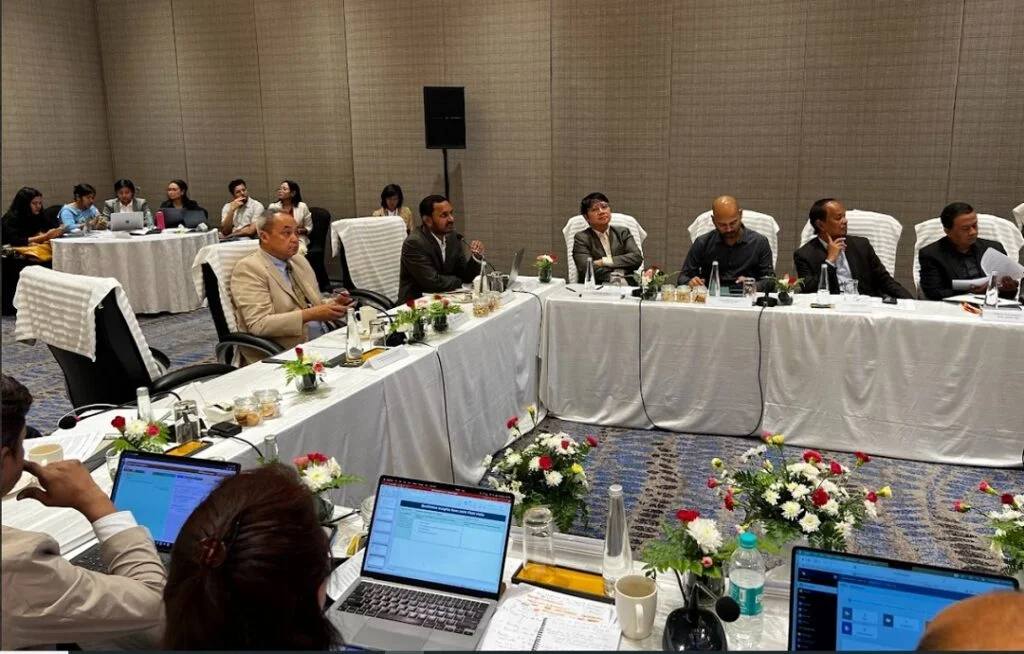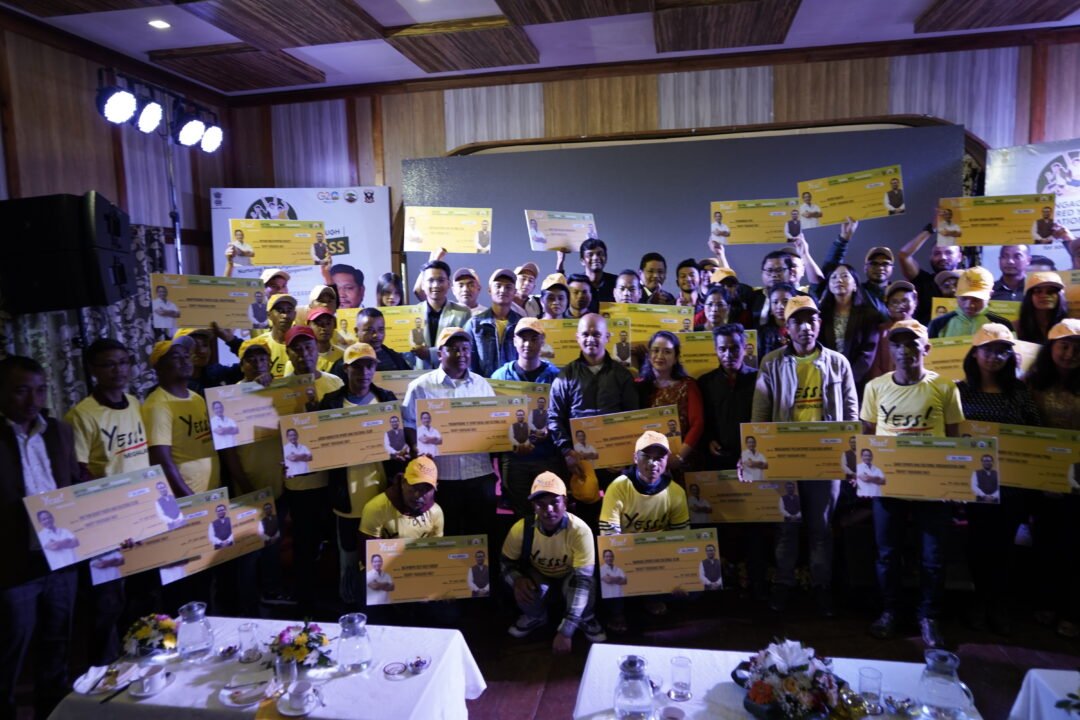HT Bureau
GUWAHATI, Nov 17: The Students Christian Movement of India (SCMI), Nagaland, successfully organised a two-day regional program under the theme “Equity in Focus: Overcoming Development Challenges in Nagaland,” at the Youth Oasis Centre, Eralibill, on November 13-14, 2024.
The event brought together distinguished speakers, youth leaders, and student participants to discuss innovative solutions for addressing development challenges through equity-focused approaches.
The program opened with a keynote address by Manshen K, senior friend of SCMI, treasurer, SCMI Nagaland who emphasised the distinction between equality and equity. He highlighted the importance of equitable outcomes, focusing on tailored strategies that address diverse needs.
Manshen particularly emphasized the education sector, advocating for a balance between quality and access. He also shed light on the Frontier Nagaland Territory movement, which seeks to address historical disparities and bring equitable development to Eastern Nagaland.
Rilipong Thonger, legal advisor of the United Sangtam Students’ Conference, spoke about youth empowerment and leadership development. His session focused on equipping young individuals with critical thinking, decision-making, and problem-solving skills to enable them to drive positive change in their communities and personal lives.
In a complimentary session, Adekhing I Sangtam, vice president of the United Sangtam Students’ Conference, underscored the significance of capacity building and skills development for sustainable growth. He presented strategies such as tailored training programs, mentorship, and community engagement to enhance individual and organizational abilities for long-term success.
Adding an economic perspective, Zaito Ayemi, a prominent entrepreneur, spoke on economic diversification through sustainable agriculture, tourism, and small-scale industries. He stressed the importance of leveraging Nagaland’s natural and cultural resources to create sustainable livelihoods, promote local economic growth, and reduce dependence on traditional industries. His session encouraged participants to explore innovative approaches and foster collaborations to unlock the region’s economic potential.
Aniruddha Babar, assistant professor of political science at Tetso College, Chümoukedima, delivered a powerful presentation on “The Need for Governance Reforms, Constitutional Mandates, and Decentralised Development Planning through Legislative, Executive, and Financial Autonomy: A Case Study of the Proposed Frontier Nagaland Territory.” Drawing on his expertise as a policy analyst, Dr. Aniruddha thoroughly examined the persistent socio-economic and political challenges faced by Eastern Nagaland. He advocated for governance reforms that empower local eastern naga communities through legislative, executive, and financial autonomy, enabling more culturally relevant, Constitutionally robust, socially effective, transformative, efficient- people oriented development strategies.
The programme also included interactive activities such as ice-breaking sessions, group discussions, and cultural nights, which fostered camaraderie and engagement among participants. These activities encouraged open dialogue and provided a platform for participants to share ideas and experiences.
The two-day programme was led by Jerina Yeputho, programme secretary of SCMI, Nagaland. It concluded with a collective commitment to promoting equity-driven and sustainable development strategies, ensuring empowered communities and a brighter future for Nagaland.












